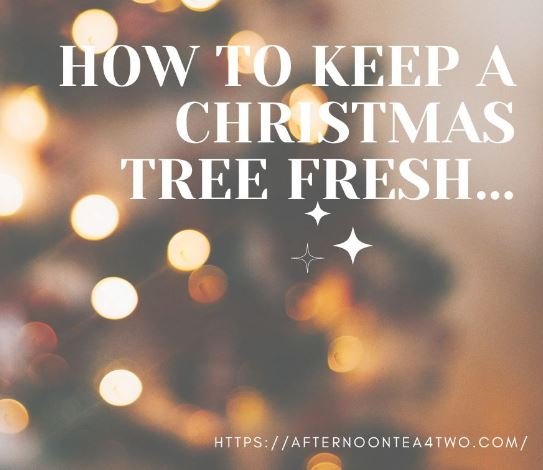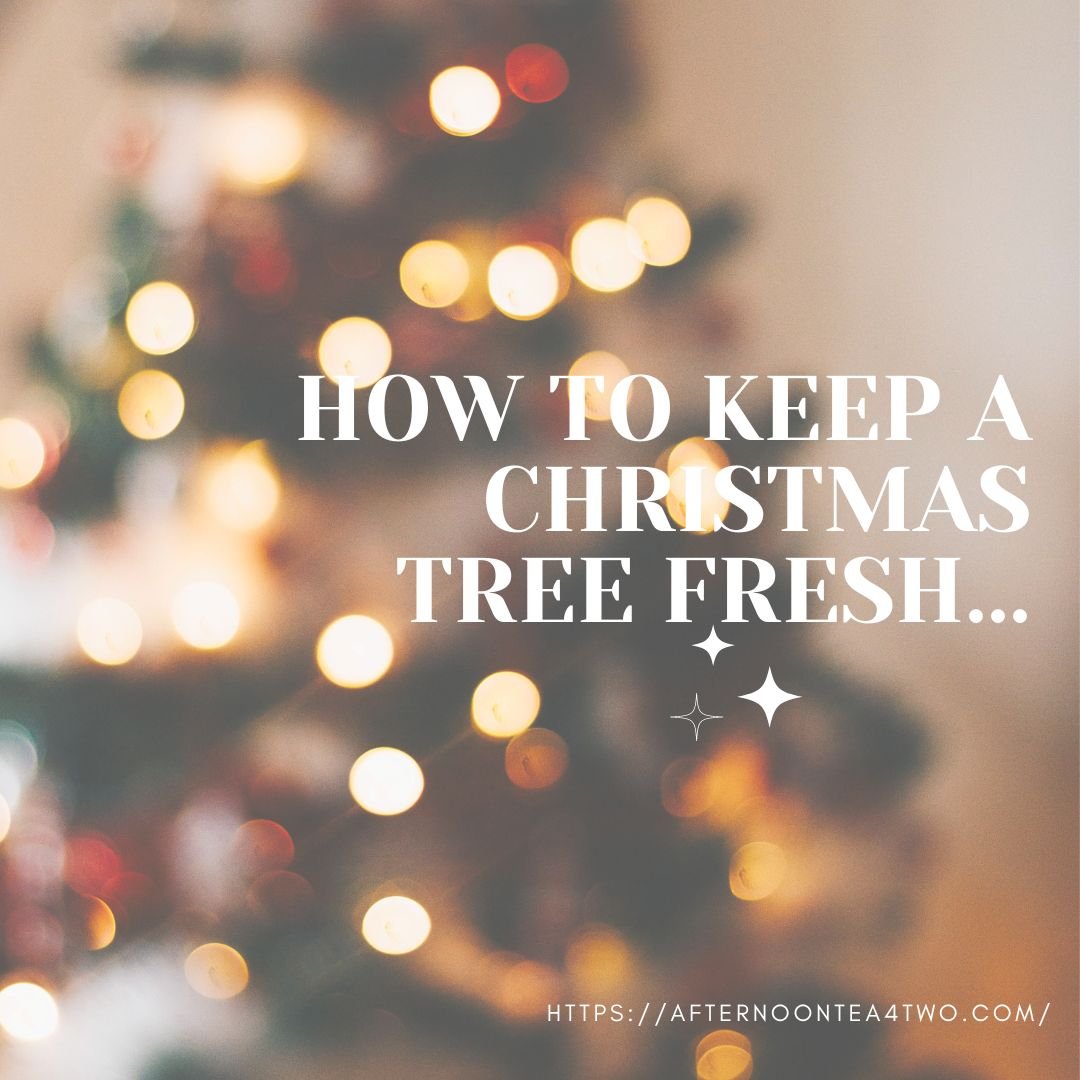“Whether they are cut or arrive in a festive planter, evergreen trees are a great way to bring natural beauty into your space and brighten up any room during the winter season,” says Alfred Palomares, vice president of merchandising and resident plant dad at 1-800-Flowers.com. However, care requirements differ for both. For example, cut trees require trimming, and it’s important to pick the right stand to keep it upright, while potted trees have no need for those requirements and may benefit from being near a window.
The tips below will make it easy to keep a natural tree at peak condition. There are also some of the most popular species, along with a few Christmas tree safety tips to keep in mind.
They suggest buying your Christmas tree during the first week of December to ensure you aren’t left with a dried-up, brittle tree come December 25.
According to Palomares, Scotch Pines, Blue Spruces and White Spruces are among the most popular types of Christmas trees for the season. When it comes to their shape, size and longevity, Fraser and Balsam Firs are also favorite picks. And if you have smaller children or pets, tabletop Christmas trees are great options if you want to keep holiday decor out of reach.
Start with a healthy Christmas free from a local farm.
If you buy your tree from a garden store or roadside lot, it’s likely that it came from out-of-state and has been exposed to drying winds in transit — meaning, it’s going to have a much shorter shelf life than one you’ve chopped down yourself at a local tree farm. Either way, it’s essential to know how to choose the freshest possible Christmas tree
Keep these tips in mind as you hunt for a Christmas tree:
- Look for a healthy, green tree with the least amount of brown needles.
- Select a tree displayed in a shady location. Avoid picking from a sunny area.
- Run a few branches through your hands. The needles should feel pliable and not fall off.
- Raise the tree a few inches, then drop the trunk into the ground. Very few green needles should fall off (but it’s fine if the tree loses a few brown ones).
Trim the trunk (and then trim it again).
Check the water level of your Christmas tree daily.Once inside, place your tree in a sturdy stand that holds at least one gallon of water. Then don’t forget to regularly water your Christmas tree — too little can cause resin to form, which means the tree won’t absorb water and it will dry out quickly.
Take your tree down before it dries out.If your home is prone to dryness, try using a top-rated humidifier to add moisture to the room. The Good Housekeeping Institute Tech Lab recommends the Levoit Ultrasonic Humidifier for large areas (like the living room!). It performed well in our tests and can add enough moisture to the air to keep your tree fresh longer.
Source: Good Housekeeping



